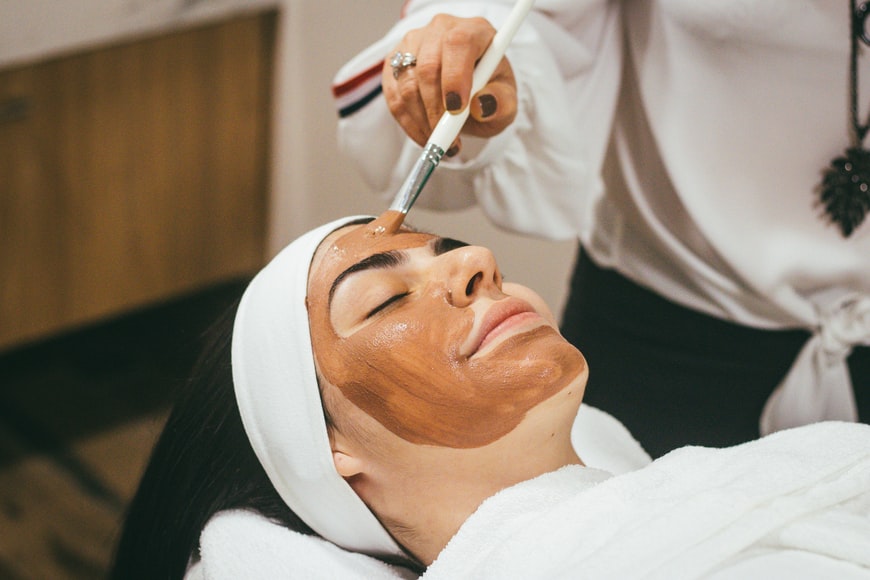There’s an old saying, “A clear space reflects a clear mind.” If you’ve ever found solace in tidying your room after a stressful day or felt invigorated by a freshly organized workspace, you’ve experienced the undeniable link between our environment and our mental health.
Imagine living in a space that continually rejuvenates your spirit and empowers you. The ripple effect of such an environment is profound. A clean, structured setting doesn’t just look appealing; it paves the way for improved self-esteem, boosted confidence, and enhanced productivity.
The Science Behind Our Surroundings
It’s not just a feeling—science backs it up! Numerous studies have delved into the intricate correlation between our living environment and our mental well-being. For instance, research has shown that people living in cluttered environments tend to experience higher levels of the stress hormone cortisol.
This clutter-induced stress can be likened to the psychological discomfort one feels when their thoughts are disorganized or overwhelming. Conversely, spaces that breathe and flow can positively impact our mood, reducing anxiety and fostering a sense of tranquility. So, the next time you’re bogged down by a heap of disarray, remember: decluttering isn’t just about physical belongings; it’s about clearing mental chaos too.
The Basics: Personal Hygiene
Cleanliness starts with oneself. Ever noticed the lightness you feel after a refreshing shower? That’s not just physical cleanliness at play but a symbolic renewal of your mind and spirit. Personal hygiene is intrinsically linked to mental health. Neglect in this area can lead to feelings of worthlessness or depression. But the good news is, it’s never too late to start.
Incorporate simple rituals: brush your teeth twice daily, shower regularly, keep your nails trimmed, and wash your face before bed. These might sound mundane, but these rituals, done consistently, can be therapeutic touchpoints in your day, grounding you in self-care and self-respect.
Pest-Free Living: More Than Just Cleanliness
Pests, be it bugs or rodents, are not just physically repelling; they carry a weight of mental unease. Imagine constantly worrying about pests contaminating your food or causing damage to your space. This constant vigilance can lead to stress and anxiety. Ensuring a pest-free environment isn’t just about maintaining a clean space; it’s about ensuring mental peace.
If you notice signs of an infestation, it’s crucial to act promptly. Sometimes, cleaning alone doesn’t cut it. When in doubt, don’t hesitate to contact an exterminator. Your peace of mind, and in extension, your mental well-being, is worth it.
Organized Spaces: A Reflection of Inner Calm
Ever heard the saying, “A cluttered space is a cluttered mind?” There’s truth in those words. An organized environment often mirrors a state of inner tranquility. When your surroundings are structured, it’s easier to think clearly, make decisions, and feel at ease. Begin with decluttering: let go of items that no longer serve you.
Once you’ve streamlined, implement systems to keep everything in its rightful place. Whether it’s a dedicated shelf for books or labeled bins for different categories, maintain order. An organized space doesn’t just look good; it feels good, providing a soothing oasis amidst the chaos of daily life.
Creating Zones in Your Home
Every space in your home serves a purpose, and sometimes, clearly defining these purposes can immensely benefit our mental well-being. By designating specific zones, be it a quiet reading nook or a lively kitchen space, you’re setting clear boundaries and intentions.
This clarity aids in focus when working or studying and promotes relaxation when unwinding. It’s the same reason why experts advise against working from bed; the bedroom is a relaxation zone. With clear demarcation, not only is the functionality improved, but every area of your home becomes a designated sanctuary for its intended activity.
Surrounding Yourself with Positive Triggers
Let’s be real. The stuff around us? It impacts our vibe. Think about it. How do you feel when you walk into a room with your favorite family photo versus a pile of unpaid bills? Right. It’s like a mini mood lifter.
Pop up those photos from your best holidays, or maybe scribble down some quotes that get you fired up in the morning. Whatever it is, make sure your space doesn’t just ‘exist’ – it should cheer you on, every single day.
The Therapeutic Process of Cleaning
You ever have one of those days where you just scrub the heck out of your kitchen and, weirdly, feel on top of the world afterward? That’s no accident. Cleaning isn’t just about chasing away the dust bunnies; it’s about clearing out mental clutter.
That rhythmic swipe of a cloth or the hum of the vacuum – it’s almost meditative. And the end game? A spotless space and a head full of “Yeah, I did that!” vibes. Sometimes, cleaning isn’t just a task on the to-do list – it’s a mind-cleanser.
A Space for Growth: Cultivating Greenery
Ever noticed how a room seems to ‘come alive’ with a touch of greenery? It’s not just aesthetics; it’s psychology. When you bring plants indoors, you’re not just decorating; you’re giving yourself a task – a living thing to care for.
Much like personal development, plants require attention, a bit of TLC, and patience. They’re a tangible representation of growth and resilience, reminding us that self-care isn’t always about immediate results; it’s a journey.
Final word
Alright, let’s tie this all up. The spaces we occupy have a profound impact on our mental well-being. It’s more than just ‘keeping tidy’; it’s about crafting a space that nurtures and rejuvenates you.
By focusing on the environment around you, you’re investing in your mind and well-being. So next time you’re looking for a step toward self-improvement, maybe start with that cluttered desk or that empty windowsill awaiting a plant. The journey of self-care? Sometimes, it starts right at home.





